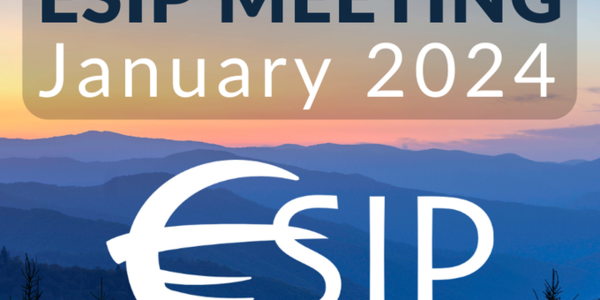Preserving and studying environmental information for the future

The National Centers for Environmental Information (NCEI) is NOAA’s premier archive of environmental data gathered from the seafloor to the surface of the sun. With collections in excess of 38 petabytes, NCEI focuses on science, service, and stewardship.
NCEI: Science
While NCEI may be best known as a data archive, our staff are busy studying many aspects of Earth—the ocean, coasts, natural hazards such as tsunamis, solar phenomena, weather and climate, and systems that cut across these study areas, such as El Niño/La Niña and the Gulf Stream. Our teams produce use-inspired environmental information to enable people, businesses, and public entities to make informed, data-driven decisions. Our scientists add value to the data by improving their quality and accessibility. Staff also create datasets, models, map viewers, story maps, assessments, and products, as well as conduct research with the environmental information held in our archive.
Our workforce—totaling more than 500 at our four primary locations in the United States—includes specialists in atmospheric sciences, climate science, oceanography, solar physics, marine geology and biology, physical sciences, geophysics, paleoclimatology, sea ice, data management, science communications, archiving, finances, and IT infrastructure, among other areas. Our reach also extends to work agreements with several co-located cooperative institutes, which support NCEI and the NOAA mission in a variety of ways, from maintaining and updating products to developing additional tools and information for the public.
NCEI: Service
The accessibility and quality of our data are important to NCEI, and we offer over 26,000 datasets and products. We provide customer service for our products and services and regularly seek feedback from users about their environmental data and information needs. The value and utility of our data to the public and private sectors guide our product development priorities. We document and assess feedback from users to find better ways to assist them and make improvements.
We also cultivate partnerships with domestic and international organizations, such as NASA and the International Hydrographic Organization (IHO), to work on shared projects that often grow into operational products or services. Those partnerships entail everything from satellite observations to visualizations of the seafloor. We also conduct regional outreach across the United States to foster informed uses of our data and products for the benefit of numerous groups, including cultural communities, decision-makers, and businesses.
We support STEM education by mentoring university students and early-career scientists through special academic programs, scholarships, and internships. For younger groups, we create learning materials and opportunities that encourage science curiosity.
NCEI: Stewardship
Managing and maintaining the data in our archive requires a dedicated team with highly specialized training. Our large data holdings—the equivalent to about 400 million filing cabinets filled with documents—include raw data and observations, value-added data, metadata, and many iterations of files and formats. Whether it’s video from a NOAA sea expedition or a temperature reading from a remote U.S. Climate Reference Network (USCRN) station, our data are subject to review and quality control measures. Data maturity is an important piece of our mission. The authoritativeness of our collection undergirds our worldwide reputation as a trusted source of environmental information.
NCEI: Diversity and Inclusion
NCEI and its parent organizations are equal opportunity employers. When we draw on the wisdom of a workforce that reflects the population we serve, we are better able to understand and meet the needs of our customers—the American people. Government-wide, we have made important progress toward hiring a workforce that truly reflects America's diversity, and we will continue to pursue that goal.
For more information about NCEI, watch our informational video.



